The arrival of Deliveroo in Australia changed the way many inner-city consumers look at food delivery for the better – for James Jordan, it meant the swift demise of the startup he had spent months bringing to life.
The idea for Danny Burrito was simple – burritos delivered on-demand, combining a couple of areas Jordan felt he knew well: he was working at a Mexican restaurant at the time, had experience as a bicycle courier, and was a frequently disappointed user of other food delivery services himself.
“I was ordering food through Menulog once a week, and it was just the worst experience; you would order and then hope it showed up within an hour and a half. You never knew when it was going to turn up, then it would always turns up in a soggy plastic bag, and it made you feel like you’re lucky to even have food, and as a customer that’s not really the best experience,” he said.
Jordan felt there were two core issues with the existing process. On the restaurant side, he saw that delivery was simply an add-on revenue stream for many, coming as a second priority to their primary focus on sit-in diners, while there were also inefficiencies in the delivery model as no one at the time was optimising their couriers’ time and routes.
The third piece of the puzzle was finding the first cuisine to work with that would avoid the soggy plastic bag trap.
“Working at the Mexican restaurant in Newtown and living in Bondi at the time, I’d get a free burrito after work, put it in my backpack and ride to Bondi. I’d be eating the burrito at home half an hour later and it tasted absolutely fine, or even better than when it was fresh.”
Jordan set up a Pozible campaign in late 2015 to facilitate the development of Danny Burrito and build excitement around its launch.
Development was “full on”, with the team not only having to build the app and recruit delivery riders, but also look at developing the product itself, the burrito.
With a view to scaling quickly, Jordan was looking to outsource the manufacturing or cooking of the food, while a significant amount of time was also spent on sourcing the packaging for the burritos; he settled on a cardboard tube that would keep their shape, no soggy plastic in sight.
The startup went into soft launch in Bondi around November, with Jordan saying they were seeing a significant amount of interest – but so too was cashed-up Deliveroo, which had launched right around the same time with a lot more than just burritos on the menu.
After a shutdown period for the business over Christmas, Jordan said he came back in the new year and knew it was over.
“By the time January came around, the whole food delivery ecosystem and market had completely changed,” he said.
What was his reaction to facing the fact the business he had spent so long working so hard on was effectively dead?
“First of all, I was like, ‘damn, I had the wrong idea’,” Jordan said.
He quickly moved onto his next one, however, realising that one of the core problems Danny Burrito was looking to solve was still in play, and could in fact be helped along by the likes of Deliveroo and UberEats.
“The big challenge we were facing, and something I was discussing a lot with the riders that we had, was the issue of demand. Because we just had multiple riders rather than on-demand riders, you could never predict when the demand would hit in any night, so we never had enough riders when we needed them, and too many when it was quiet. The whole on-demand issue was going to be an issue for us to scale,” Jordan admitted.
“Although it was a bit of a shock seeing Deliveroo enter the market, it made me realise there was a market there for what we were doing, but that we also couldn’t really scale without them, we were really co-dependent.”
With the big names handling the delivery side itself, the standard of food being delivered – and how restaurants think about delivery – was an issue Jordan thought still needed to be solved, and the idea for Sprout Kitchens was born.
Now named Cookitoo, the platform is a marketplace for after hours kitchen space.
“We find cafes, restaurants, and catering companies that have unutilised capacity in their kitchens and we set that up so that people who have successful food delivery businesses, whether they make burgers or ice cream, can come into that kitchen at night time and deliver food from that location,” Jordan explained.
“It might be in Manly, in Bondi, in Fitzroy; wherever they see a demand for their product, but they might not necessarily have a store, they can use our kitchens to deliver their food.”
Not long after beginning work on this idea in early 2016, Jordan entered the Simplot Ignite foodtech accelerator run by Slingshot. The program helped refine the platform and offering, and explore opportunities for growth.
Getting the first kitchens on board was tough, Jordan admitted, with owners concerned with safety and insurance in particular. The startup has now implemented strict processes around entry to kitchens, and has insurance covering kitchens and clients for up to $10 million.
Cookitoo has grown thanks to both the simple proposition for kitchen owners – that they can easily make extra cash – and the growth of the wider food delivery space and a growing awareness among restaurants that delivery can and should be more than just an afterthought.
“What Deliveroo and UberEats are doing now is pushing some of their top partners to open up delivery-only restaurants, and that’s what’s really driving traffic to our business model,” Jordan said.
With 80 kitchens now on board across Sydney and Melbourne, Jordan believes there is significant scope for further growth as delivery is “still in stage 1.0”.
“You’ll still have a restaurant that has seated diners, and then you also have sweaty couriers walking in and waiting for the food, and it’s not a good experience for either party,” he said.
“I think where food delivery will get to, and what we’re trying to do with Deliveroo and UberEats, is you’ll see restaurants with five or six locations all around the city doing just delivery so they can also optimise their process in the kitchen too to ensure food is cooked and delivered faster.”
With Menulog alone delivering over $600 million worth of food last year, the opportunity for Cookitoo is huge. To ramp up its work, Jordan brought on cofounder Caroline Lepron six months ago, with a part-time tech cofounder recently joining.
“We’re getting a lot of enquiries in Brisbane as the food scene is booming at the moment, Perth is one we want to be in by the end of the year, and then looking internationally because we know people are trying to solve the problem of kitchen space in places like London and New York.”
Image: James Jordan and Caroline Lepron. Source:Rosary Coloma.











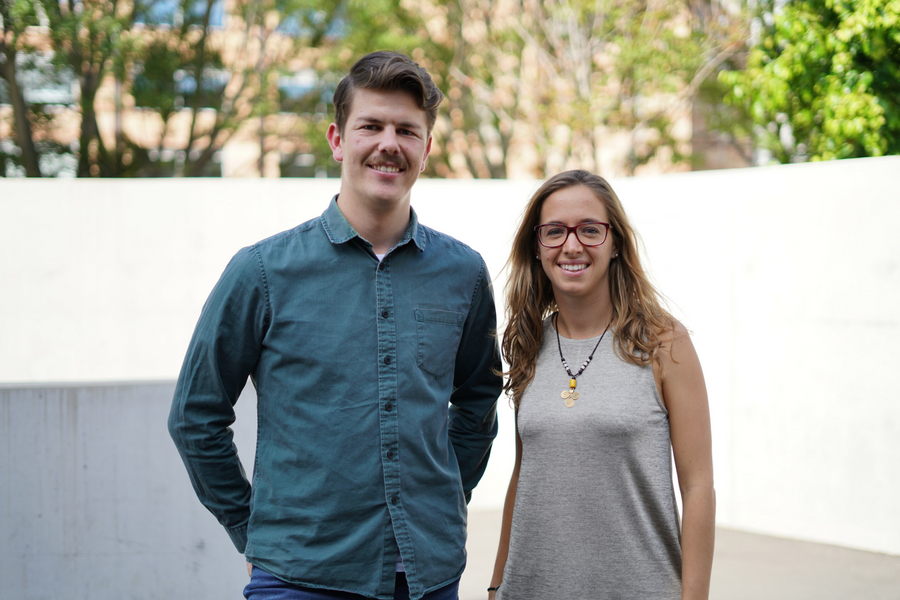


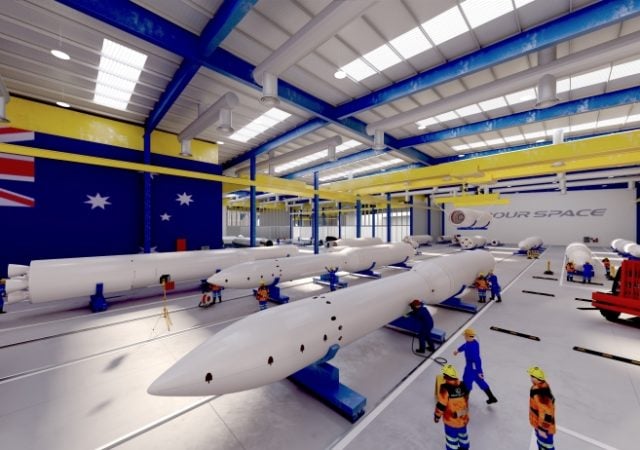

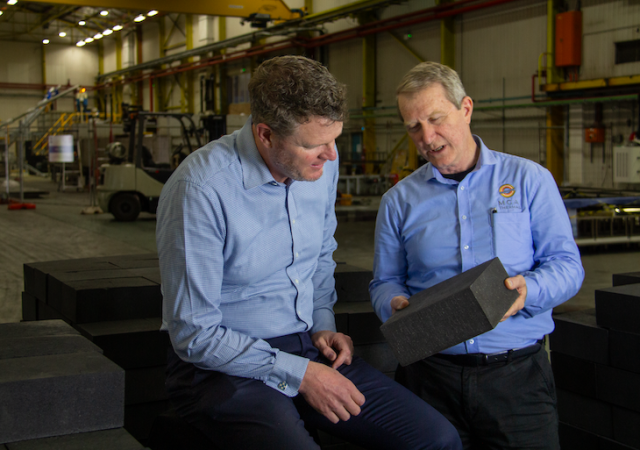
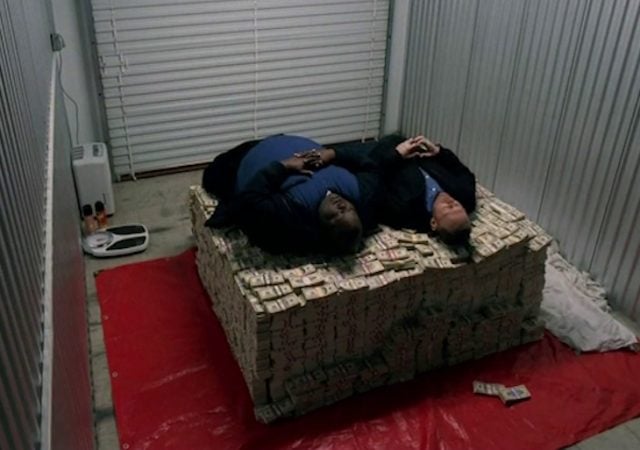

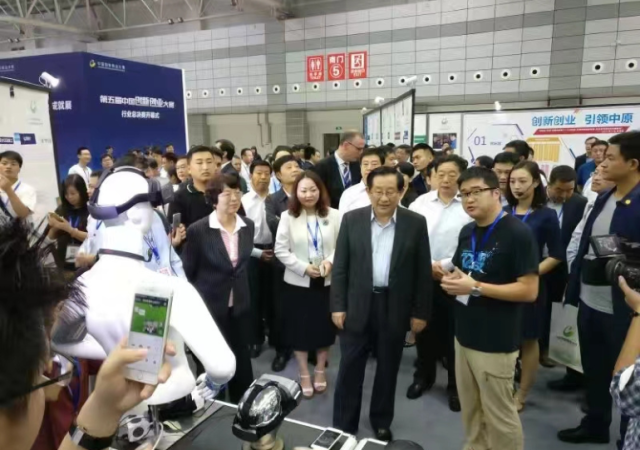
Trending
Daily startup news and insights, delivered to your inbox.